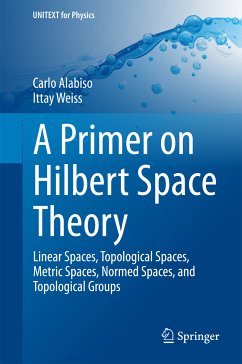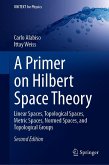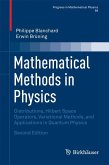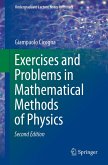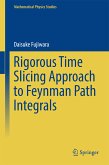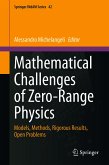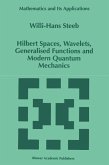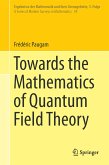This book is an introduction to the theory of Hilbert space, a fundamental tool for non-relativistic quantum mechanics. Linear, topological, metric, and normed spaces are all addressed in detail, in a rigorous but reader-friendly fashion. The rationale for an introduction to the theory of Hilbert space, rather than a detailed study of Hilbert space theory itself, resides in the very high mathematical difficulty of even the simplest physical case. Within an ordinary graduate course in physics there is insufficient time to cover the theory of Hilbert spaces and operators, as well as distribution theory, with sufficient mathematical rigor. Compromises must be found between full rigor and practical use of the instruments. The book is based on the author's lessons on functional analysis for graduate students in physics. It will equip the reader to approach Hilbert space and, subsequently, rigged Hilbert space, with a more practical attitude.
With respect to the original lectures, the mathematical flavor in all subjects has been enriched. Moreover, a brief introduction to topological groups has been added in addition to exercises and solved problems throughout the text. With these improvements, the book can be used in upper undergraduate and lower graduate courses, both in Physics and in Mathematics.
Dieser Download kann aus rechtlichen Gründen nur mit Rechnungsadresse in A, B, BG, CY, CZ, D, DK, EW, E, FIN, F, GR, HR, H, IRL, I, LT, L, LR, M, NL, PL, P, R, S, SLO, SK ausgeliefert werden.

